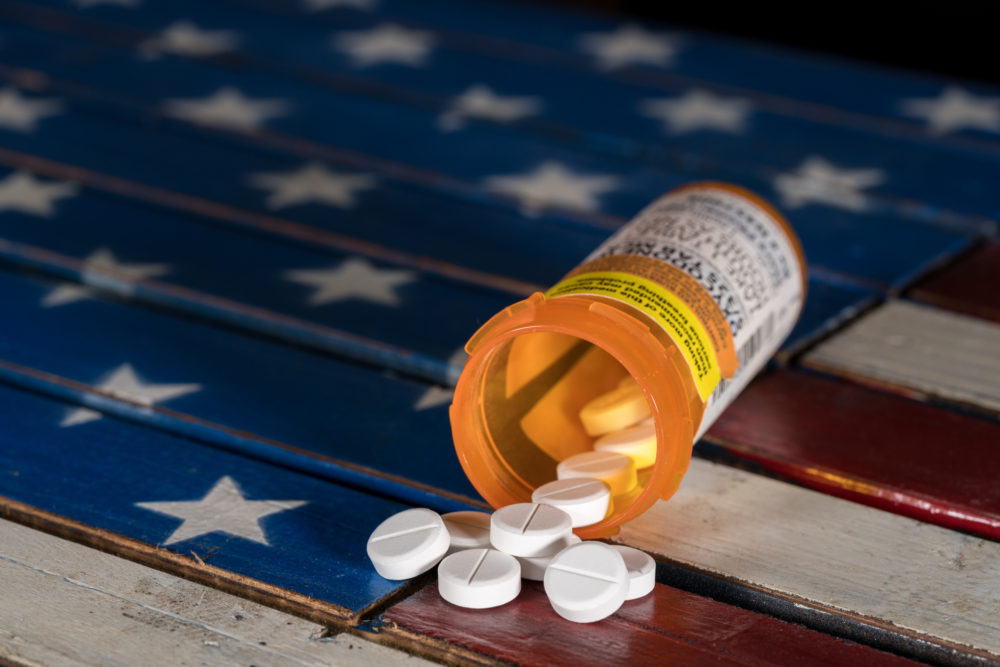Read the latest and greatest from our team
of incredible specialists.

Beach House Recovery Center » Blog » The Fight Against the Opiate Epidemic Is Making New Strides
A new $50 million donation by Bloomberg Philanthropies is the latest ammunition in the fight against a national drug epidemic that has claimed a record number of American lives—70,237 overdose deaths in 2017, according to the Centers for Disease Control (CDC)—according to a November 30 article in The Washington Post.
Former New York mayor Michael Bloomberg announced the three-year program at the end of November during a health conference in Washington, which was hosted by another of Bloomberg’s ventures, Bloomberg American Health Initiative.

The goal of the $50 million initiative is to motivate and encourage states to seek innovative and effective approaches to the opiate crisis, in an effort to prevent and reduce overdoses.
Among the states to receive funding over the next three years as part of the new program are two of the hardest hit by the opiate crisis: New Hampshire and Pennsylvania.
In Pennsylvania, Gov. Tom Wolfe told The Washington Post that the money will likely help fund wider dissemination of the life-saving drug, naloxone, which can reverse opiate overdoses, and the expansion of Pennsylvania’s network of resource centers that connect users with appropriate treatment options.
Non-Pill Solutions to Opiate Addiction – Another Innovative Response to the Crisis
If more money available to support state-led approaches is one stride in the fight against the opiate epidemic, the Food and Drug Administration’s (FDA) latest public health initiative may be another. The FDA is working to expedite the development, review and approval of medical devices that can identify or treat opiate addiction and its symptoms, such as chronic pain. Already, the FDA has reportedly named eight medical device makers as winners in a contest that the regulatory agency set up. Among the winners that will now receive fast-track review by the FDA:
In a May 2018 press release announcing the new initiative, the FDA described the kinds of innovative devices that it believed held promise in the fight against the opiate epidemic. These devices included:
How Opiate Overdose, Suicide Are Lowering U.S. Life Expectancy
These latest strides in the fight against the opiate epidemic couldn’t come at a more welcome time. In recent news, and not for the first time, are reports that the high overdose rate in this country seems to be behind yet another year of decline in U.S. life expectancy. A report by National Public Radio, for example, attributed the latest statistics from the CDC on U.S. life expectancy to “rapidly increasing rates of death from drug overdoses and suicide.” (Take a closer look at the link between drugs, alcohol and suicide.) In other news, CDC researchers have made a point of saying opiate addiction in particular is a major contributor to troubling statistics regarding life expectancy.
Are you risking your life for opiates? Get your life back today.
Whether you’re researching for yourself or a loved one, Beach House can help. We understand that this is a serious time in your life and that the treatment center you choose matters. We want you to feel comfortable and empowered to make the right decision for yourself, a friend, or a family member. This is why a counselor is waiting and available to answer your questions and help put your mind at ease regarding the next steps. Many of the staff at Beach House have walked in your shoes. If you feel you’re ready or want more information about how to help a loved one, we can help today. You can also learn why we are voted the #1 rehab for addiction treatment in Florida.
We accept most major insurance plans and can verify your benefits quickly and confidentially.
We’re committed to helping you access the care you need, our admissions counselors can guide you through your coverage options and available resources.





"*" indicates required fields